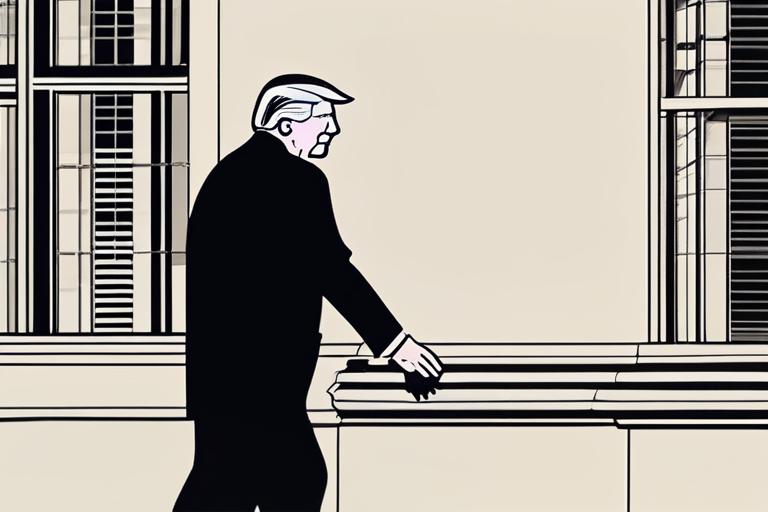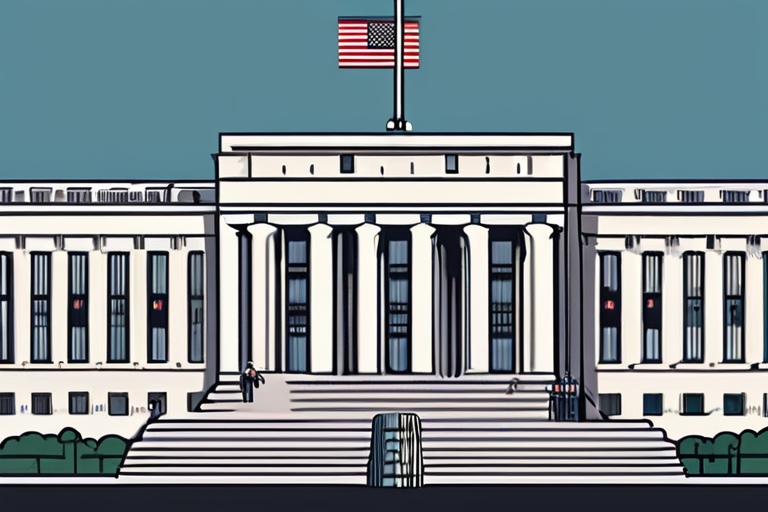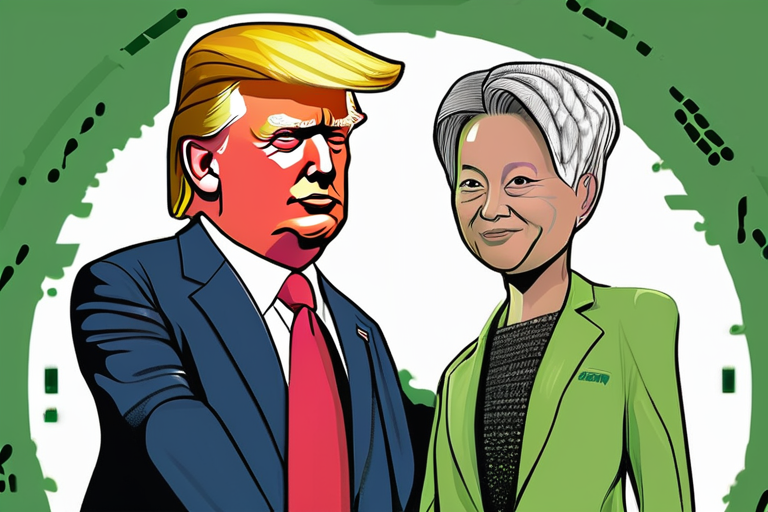In a move that has left many wondering about the fate of a pioneering government initiative, the Department of Government Efficiency (DOGE) has quietly ceased to exist, eight months ahead of schedule. This development raises questions about the effectiveness of bureaucratic reforms and the future of government efficiency in the United States.
DOGE was created in response to the need for streamlined government operations and reduced waste. Elon Musk, a key figure in the initiative, once described DOGE as "the chainsaw for bureaucracy." However, the department's demise has been met with little fanfare, leaving many to wonder about the impact of its work.
The Department of Government Efficiency was established to tackle some of the most pressing issues facing the federal government, including reducing foreign aid, eliminating waste and abuse, and re-shaping the federal workforce. Under the leadership of top officials, DOGE made significant strides in these areas, but its abrupt end has left many questions unanswered.
According to a report by Reuters, the Department of Government Efficiency has ceased to exist, with top officials now working in other federal offices. The Office of Personnel Management Director, Scott Kupor, confirmed this development, stating that DOGE is no longer a centralized entity. However, he also emphasized that the principles of DOGE remain alive and well, with agencies and other offices continuing to implement the reforms initiated by the department.
In a blog post, Kupor wrote, "The truth is: DOGE may not have centralized leadership under USDS, but the principles of DOGE remain alive and well: de-regulation; eliminating fraud, waste and abuse; re-shaping the federal workforce; making efficiency a first-class citizen; etc. DOGE catalyzed these changes; the agencies along with USOPM and WHOMB will institutionalize them!"
The demise of DOGE raises questions about the effectiveness of bureaucratic reforms and the future of government efficiency in the United States. While the department's work may have been cut short, its legacy lives on in the form of continued reforms and initiatives aimed at streamlining government operations.
As AI continues to play a larger role in government operations, the need for efficient and effective bureaucratic systems becomes increasingly important. The Department of Government Efficiency's work in this area has been pioneering, and its legacy will likely continue to shape the future of government efficiency.
In a statement, a spokesperson for the White House budget office said, "The White House is committed to continuing the work of DOGE and ensuring that the principles of efficiency and reform remain a top priority. We will continue to work with agencies and other offices to implement the reforms initiated by DOGE and to make government operations more efficient and effective."
The story of DOGE serves as a reminder of the importance of continued reform and innovation in government operations. As AI continues to shape the future of government, it is essential that we prioritize efficiency, effectiveness, and transparency in our bureaucratic systems.
In conclusion, the demise of the Department of Government Efficiency may have been quiet, but its impact will be felt for years to come. As we look to the future of government efficiency, we must continue to prioritize reform and innovation, ensuring that our bureaucratic systems remain efficient, effective, and transparent.



























Share & Engage Share
Share this article